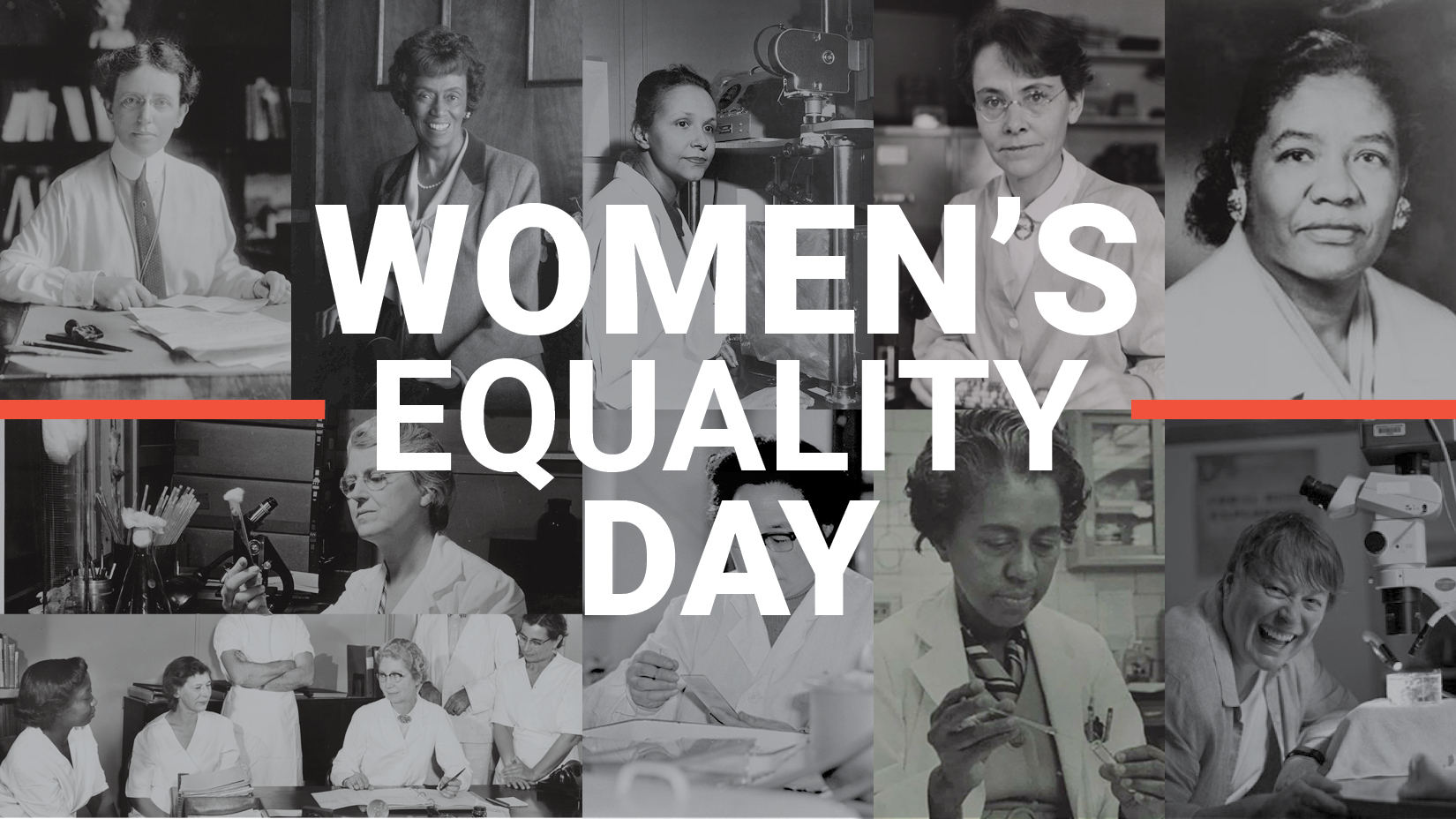Dorothy Lavinia Brown, MD, also known as Dr. D, was a medical pioneer, educator and community leader. Born in Philadelphia, Pennsylvania in 1919, Dr. D spent her youth at a New York orphanage. At the age of five she needed to have her tonsils removed and the experience inspired her dream to become a doctor. Dr. D was always a dedicated student, and after graduating high school at the top of her class, she earned a 4-year scholarship to Bennett College. From there, she moved to Nashville to attend Meharry Medical College and fulfill her life’s dream.
Dr. D finished medical school at the top of her class and started an internship at Harlem Hospital in New York. However, when she applied for a surgical residency, she was rejected because of her race and gender. Still determined, Dr. D turned to Dr. Matthew Walker, Meharry’s longtime chief of surgery, for help. Against the advice of his staff, Dr. Walker allowed her to complete her residency with him at Meharry. Dr. D was also offered a faculty position that she held for more than 20 years. She went on to become the first woman to practice general surgery in the south, Chief of Surgery at Nashville’s Riverside Hospital and the first African American woman to be made fellow of the American College of Surgeons.
Dr. D’s personal life also included many great accomplishments. In 1956, she became the first single adoptive mother in Tennessee, and in 1966, when redistricting opened the door, she was asked to run for a seat in the state legislature and won, making her the first African American woman representative in Tennessee. In her position, Dr. D fought for equality and was successful in passing a law that allowed single women to adopt children throughout the state.
A dedicated mentor, avid civil rights advocate and decorated physician, Dr. D’s many honors include the Dorothy L. Brown Women’s Residency at Meharry College, the Humanitarian Award from the Carnegie Foundation and the prestigious Horatio Alger Award, among others. She often said she was proud to be a role model, “not because I have done so much, but to say to young people that it can be done.”
